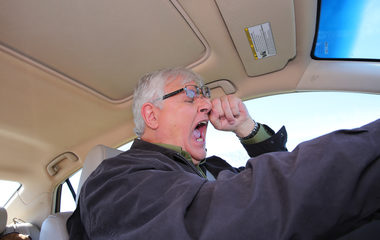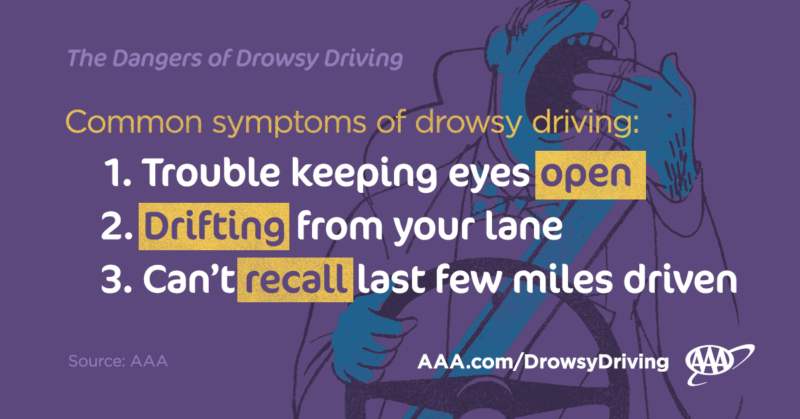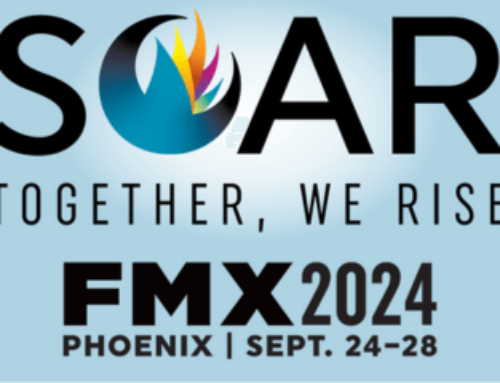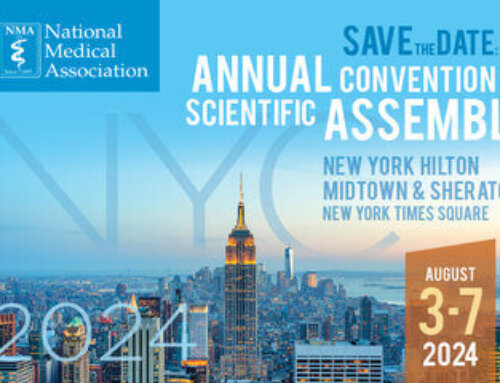On Feb. 8 the AAA Foundation for Traffic Safety released a new research brief suggesting that drowsy driving is involved in up to 9.5% of car crashes, which is much higher than official statistics published by the National Highway Traffic Safety Administration (NHTSA). The research also found that drowsy driving is involved in nearly 11 percent of higher severity, police-reportable crashes.
The AAA report is based on an analysis of dash-cam footage from more than 3,593 participants in a “naturalistic” driving study. Their driving was monitored for several months as they drove in their own vehicles. Researchers assessed the driver’s level of fatigue based on the percentage of time that their eyes were closed in the minutes before their crash.
In a press release the AAA Foundation noted that the study was “the most in-depth drowsy driving research ever conducted in the U.S. using footage of everyday drivers.” Jake Nelson, AAA’s Director of Traffic Safety Advocacy and Research, stressed that healthy sleep must be held as a priority in any effort to combat the dangers of drowsy driving.
“As many Americans struggle to balance their busy schedules, missing a few hours of sleep each day can often seem harmless, but missing just two to three hours of sleep can more than quadruple your risk for a crash, which is the equivalent of driving drunk,” said Nelson.
The alarming news from AAA comes amid a time of heightened awareness to the dangers of operator fatigue. In early February 2018, the National Transportation Safety Board (NTSB) released a report finding that drowsiness caused by obstructive sleep apnea was involved in two high-profile train crashes in New Jersey and New York that combined to kill one and injure over 200 passengers.
Beyond drowsy driving’s dire complications on public health and transportation safety, drowsy driving also come at an enormous cost. An analysis by Frost & Sullivan found that a single non-commercial drowsy driving crash can cost between $237,000 and $1.4 million in property damage.
Learn more about drowsy driving on the AASM’s Transportation Safety page. For a discussion on the risks of drowsy driving and the role of sleep medicine professionals in promoting transportation safety, please contact AASM advocacy staff by phone at (630) 737-9700 or by email at policy@aasm.org.






